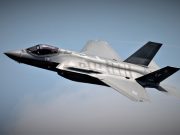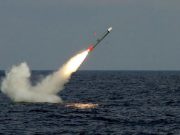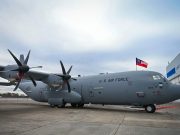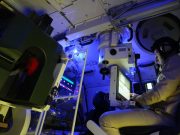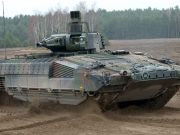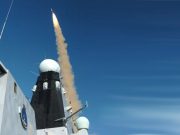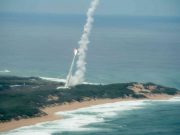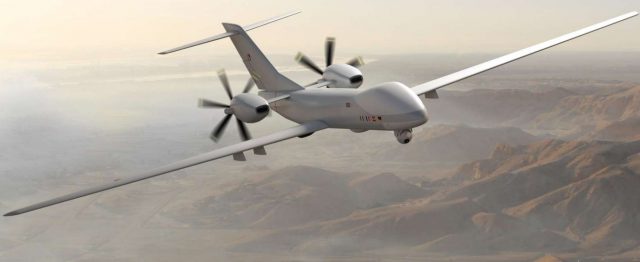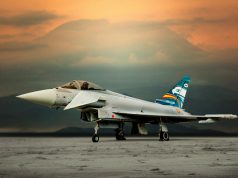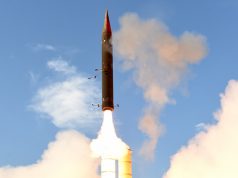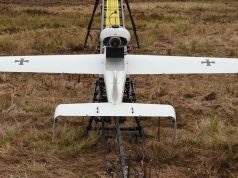The German government has approved €3.1 billion euros for the development of a new “Eurodrone” unmanned aerial system, which will officially be known as the European MALE (Medium Altitude Long Endurance) RPAS (Remotely Piloted Aircraft System).
Germany expects to be one of four partner nations taking part in the project. The governments of France, Italy and Spain are also working on officially joining the project.
As soon as the approval processes of the other program nations are completed, the international armaments organization (OCCAR) will conclude a contract for the official start of work on the Eurodrone.
The contract will also cover the actual procurement of the aircraft as well as initial support from industry partners for initial flight operations.
According to first information, the RPAS will have a wingspan of 30 meters and a length of 16.4 meters. It will have a maximum takeoff weight of around eleven tons and will fly at altitudes of around 13,500 meters. In addition to intelligence, surveillance, and reconnaissance, the drone will also be equipped with signals intelligence systems.
In German Air Force service, the European MALE RPAS will replace the Heron 1 and Heron TP UAS that are currently in operation.
The German defense ministry said earlier that the Eurodrone would be used primarily for reconnaissance, meaning that the industrial contracts that will be signed will not include the weaponization of the system. However, the country’s defense minister Annegret Kramp-Karrenbauer said that arming the Eurodrone at a later stage should not be ruled out.
Germany first announced the Eurodrone project in February this year, after it decided not to buy MQ-4C Triton unmanned intelligence, surveillance, and reconnaissance (ISR) aircraft, opting to focus on manned aircraft for the role.
Prior to that, the country walked away from the development of its own unmanned ISR aircraft after sinking $700 million into the Euro Hawk program.




